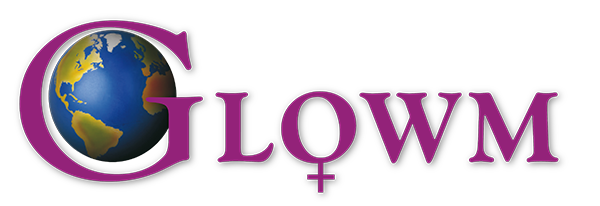
Postnatal care
Care after childbirth for you and your family
An educational
initiative
supported by

Written by experienced doctors, midwives and other medical professionals – and approved by a specialist Editorial Board
Enhancing the Welfare of Women
Expert Health Information for Women
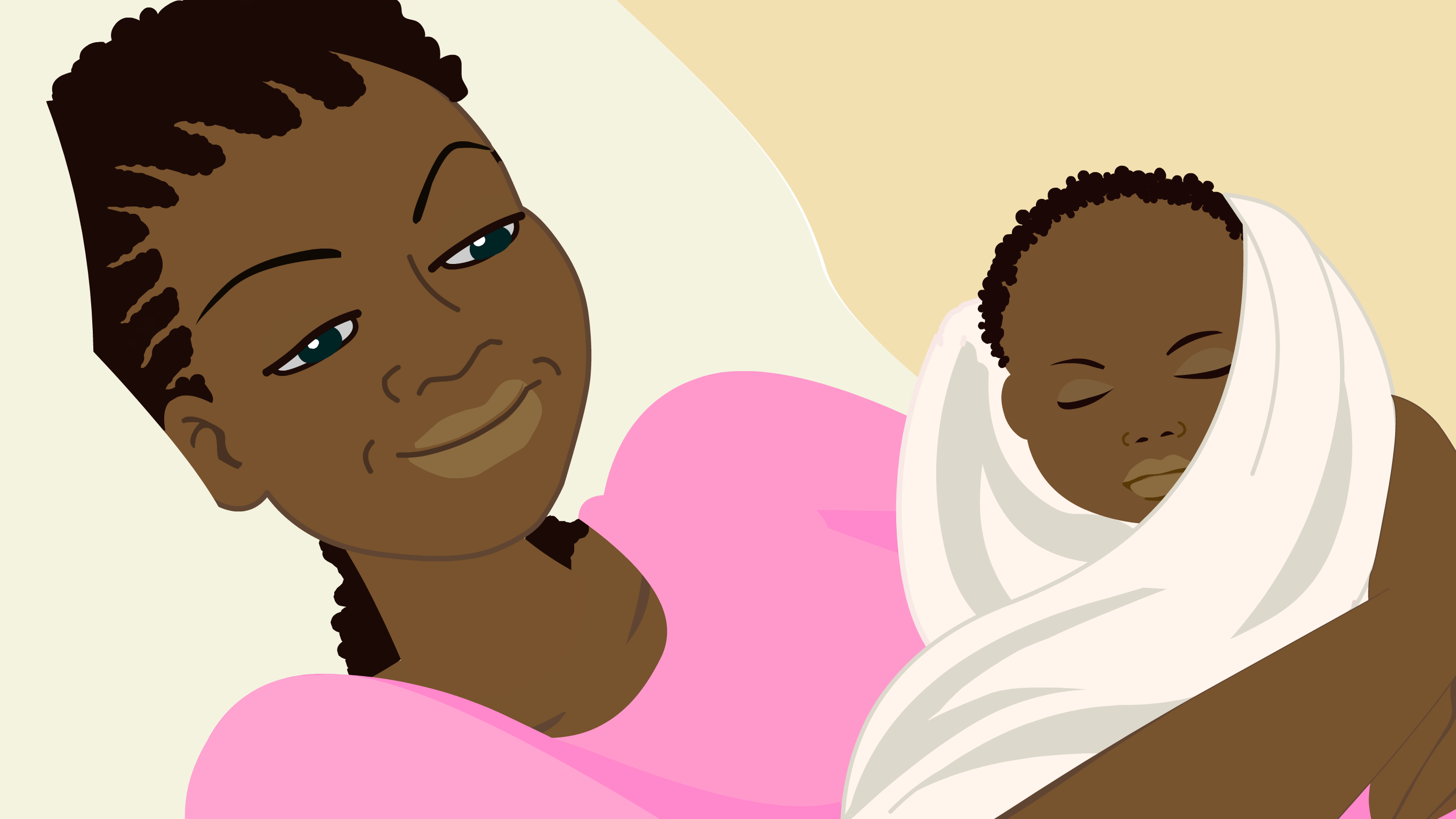

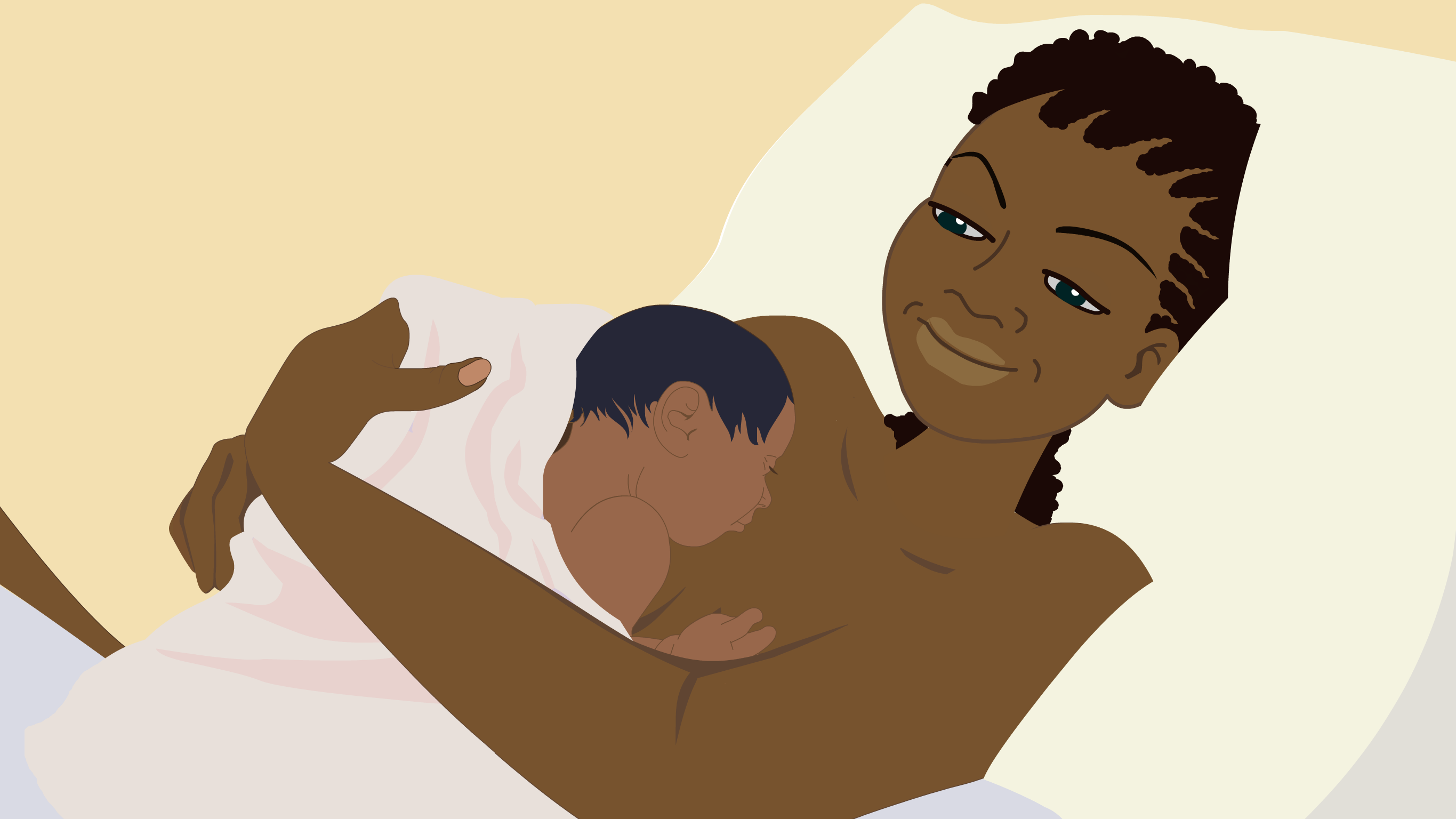

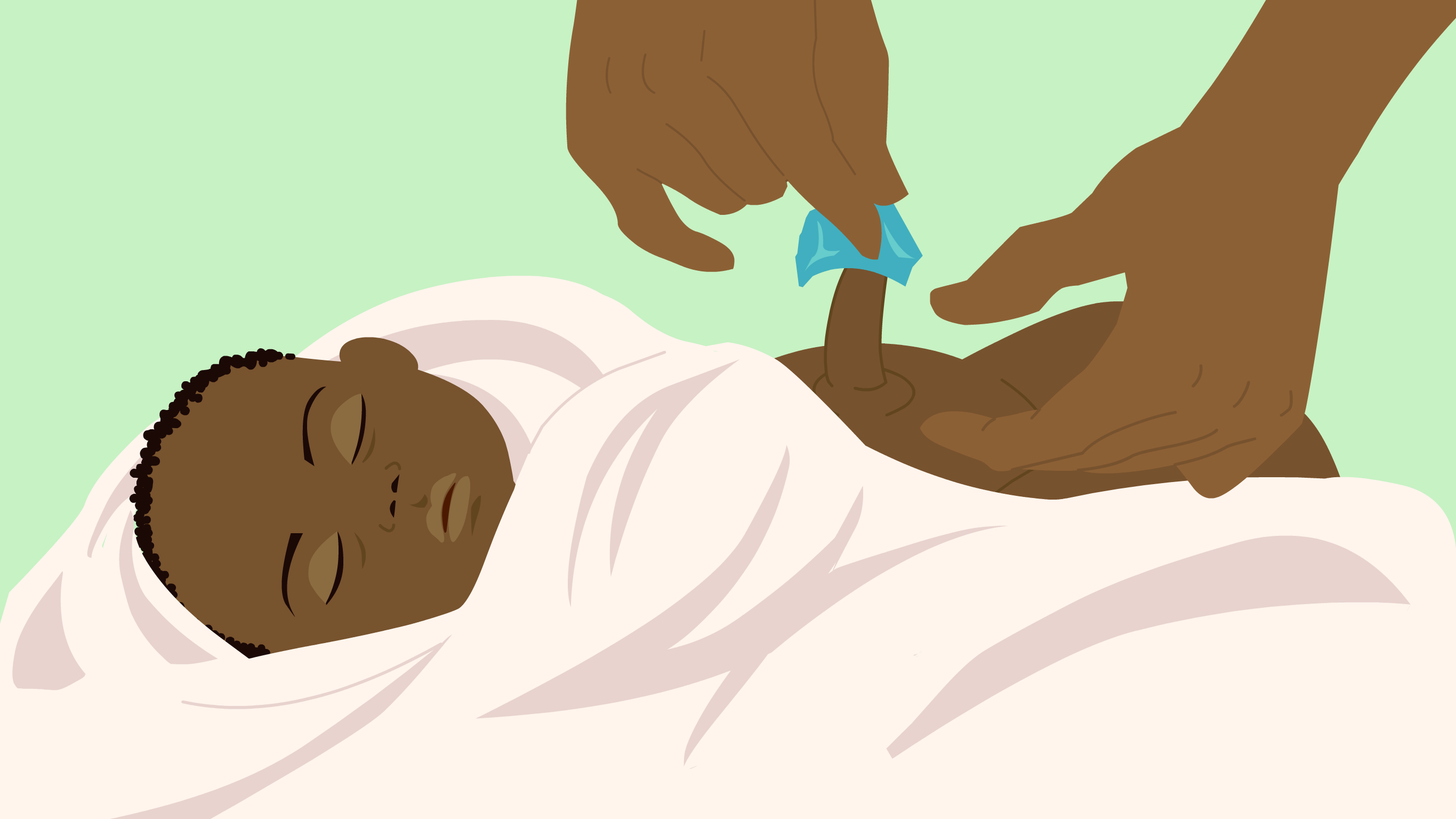

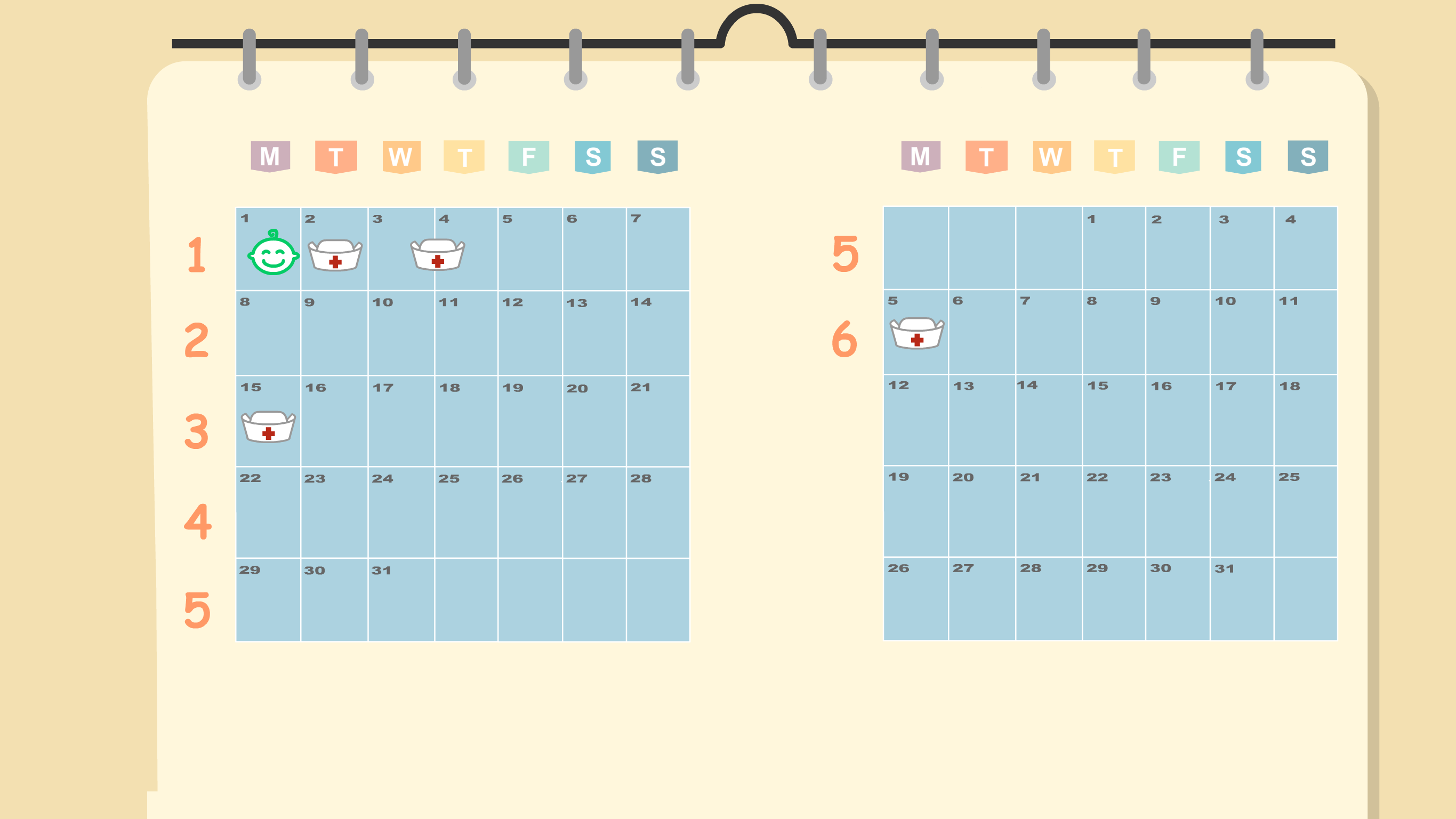
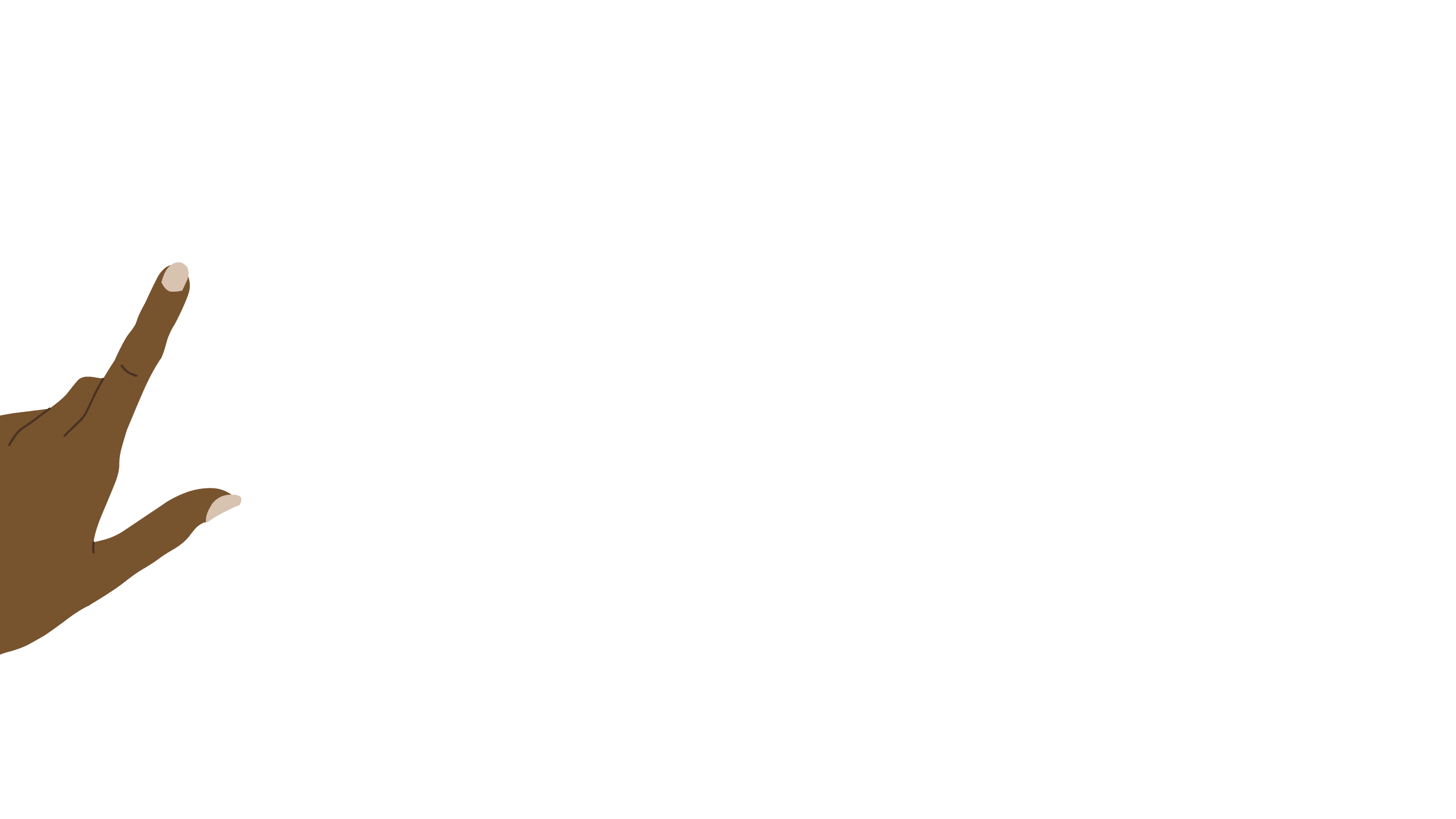


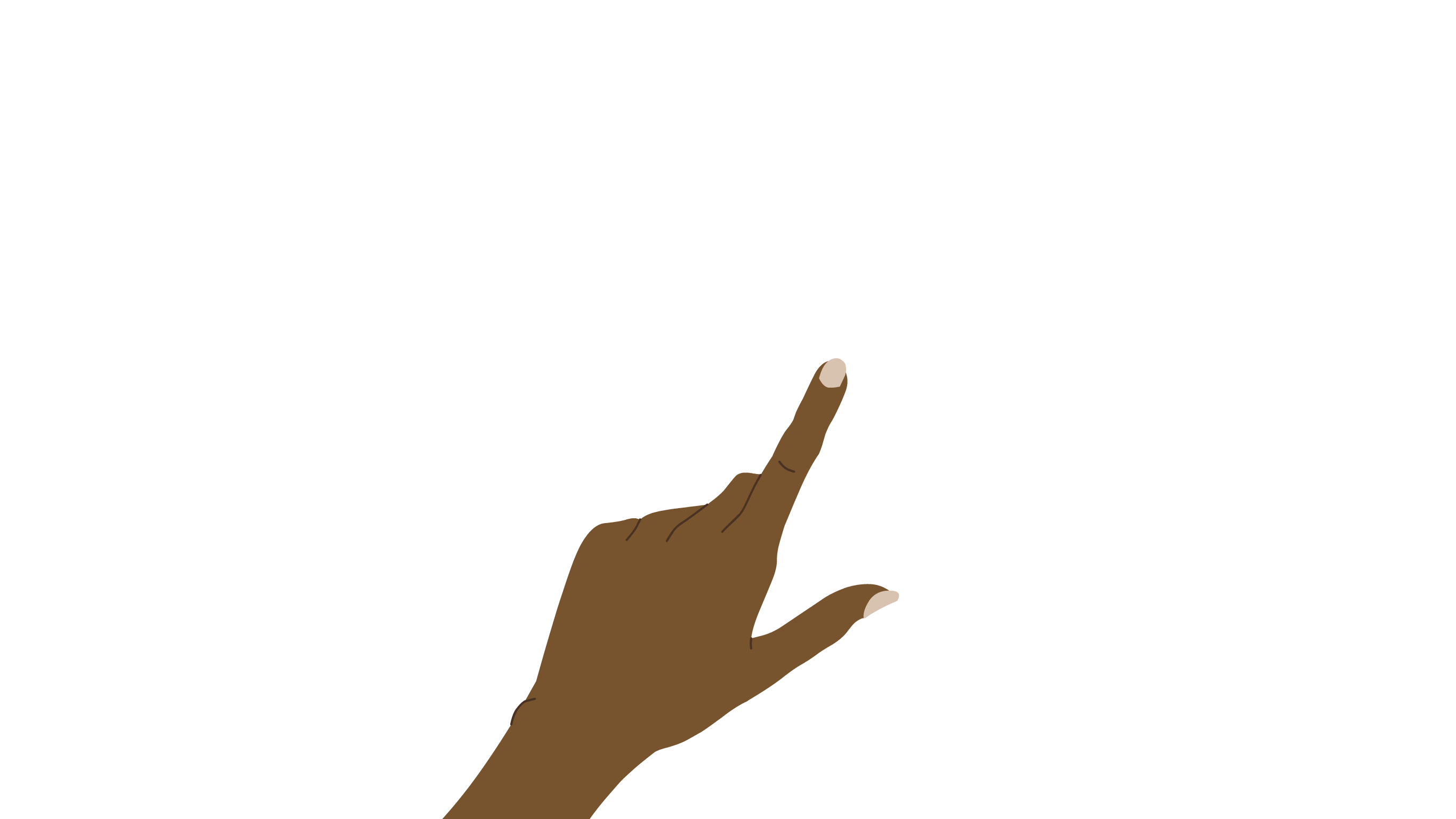

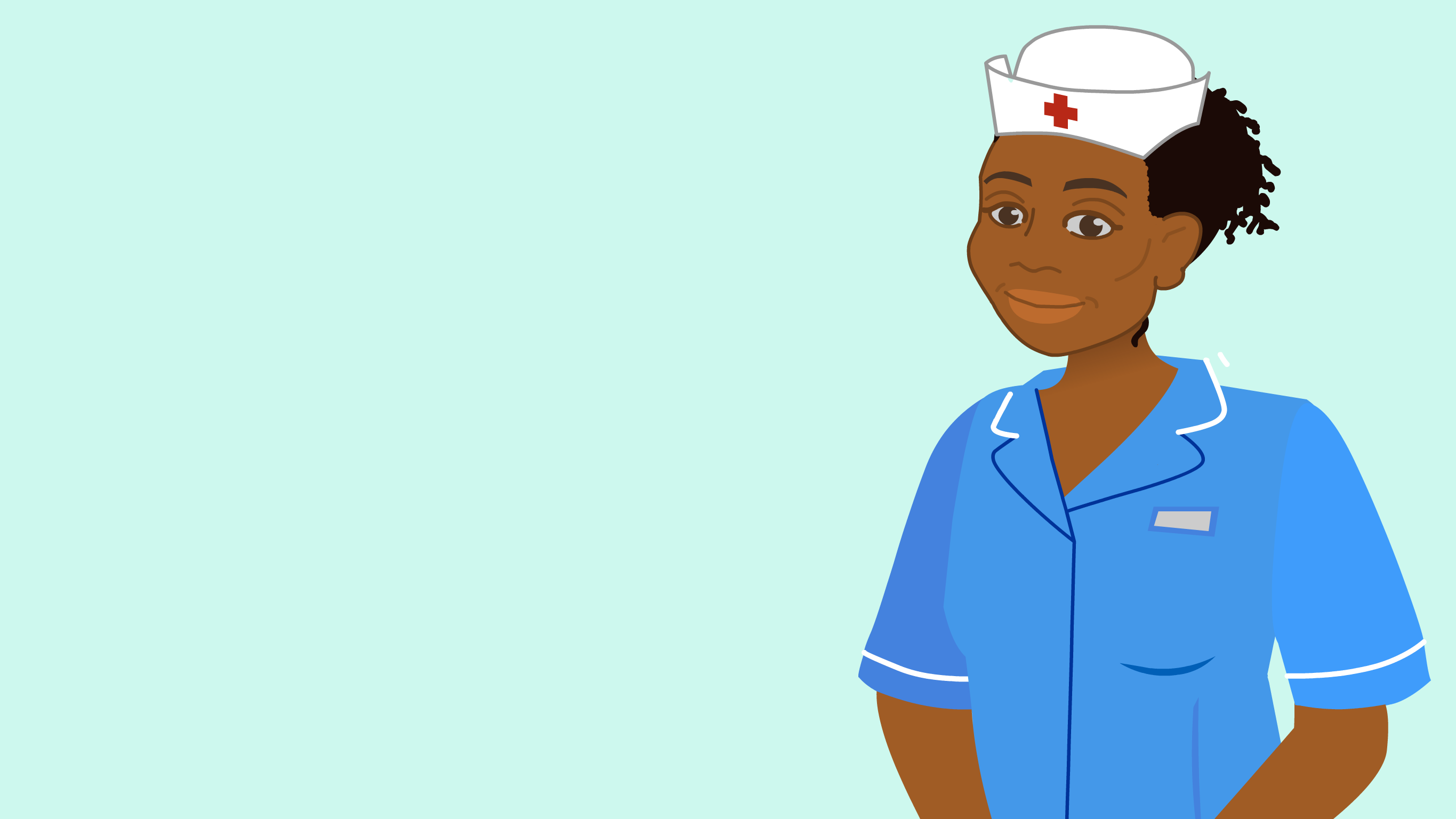
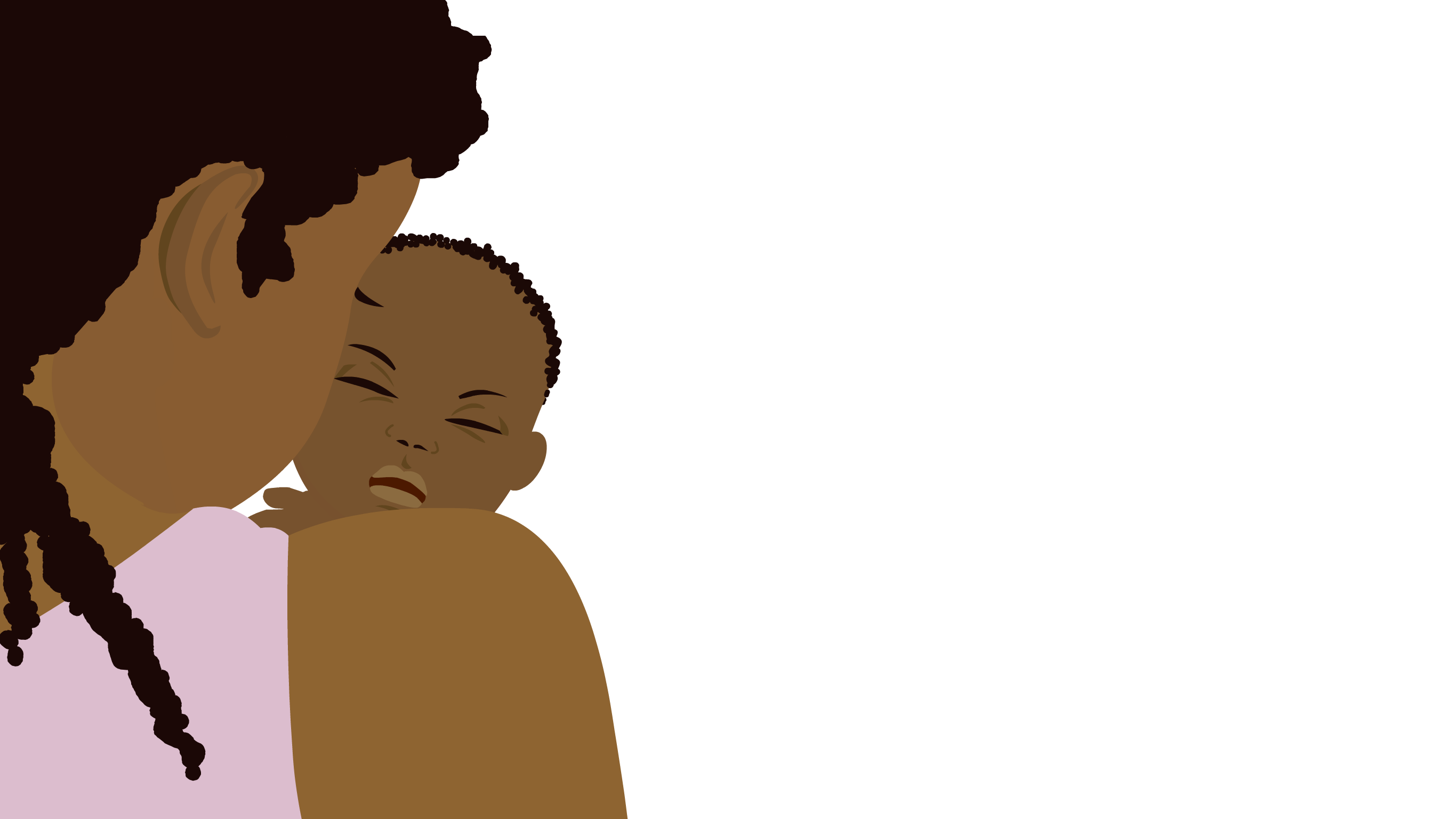


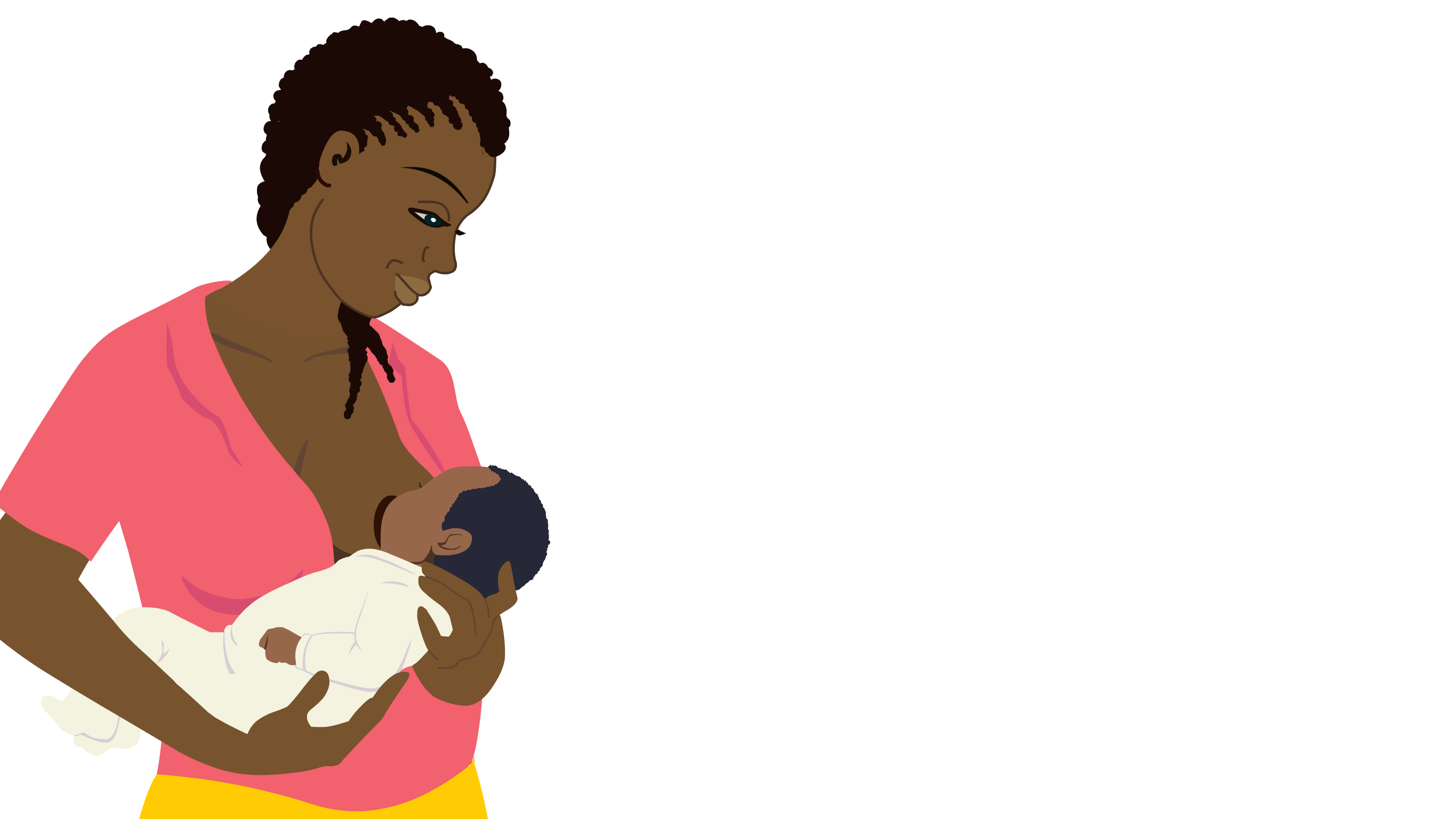

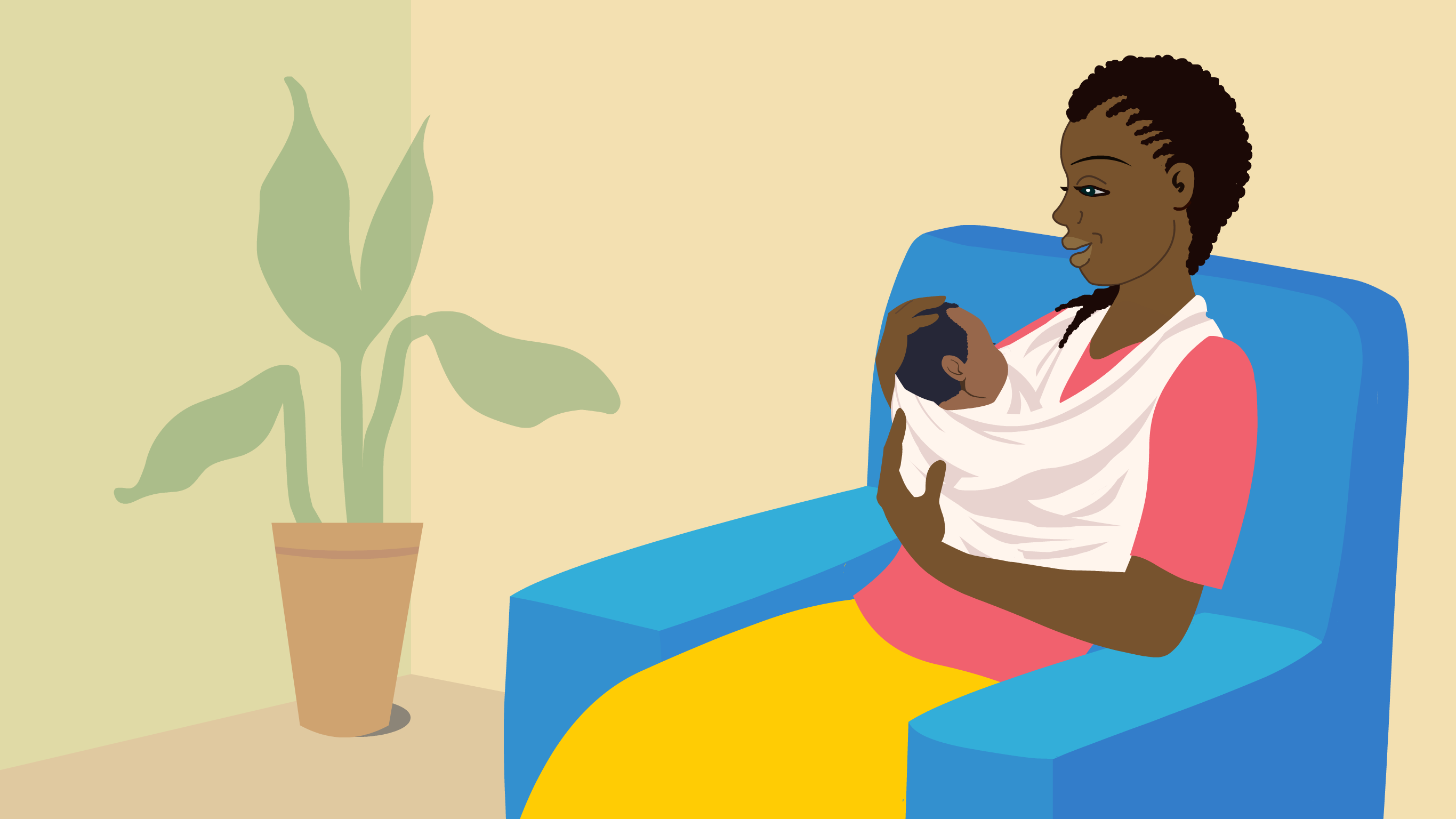

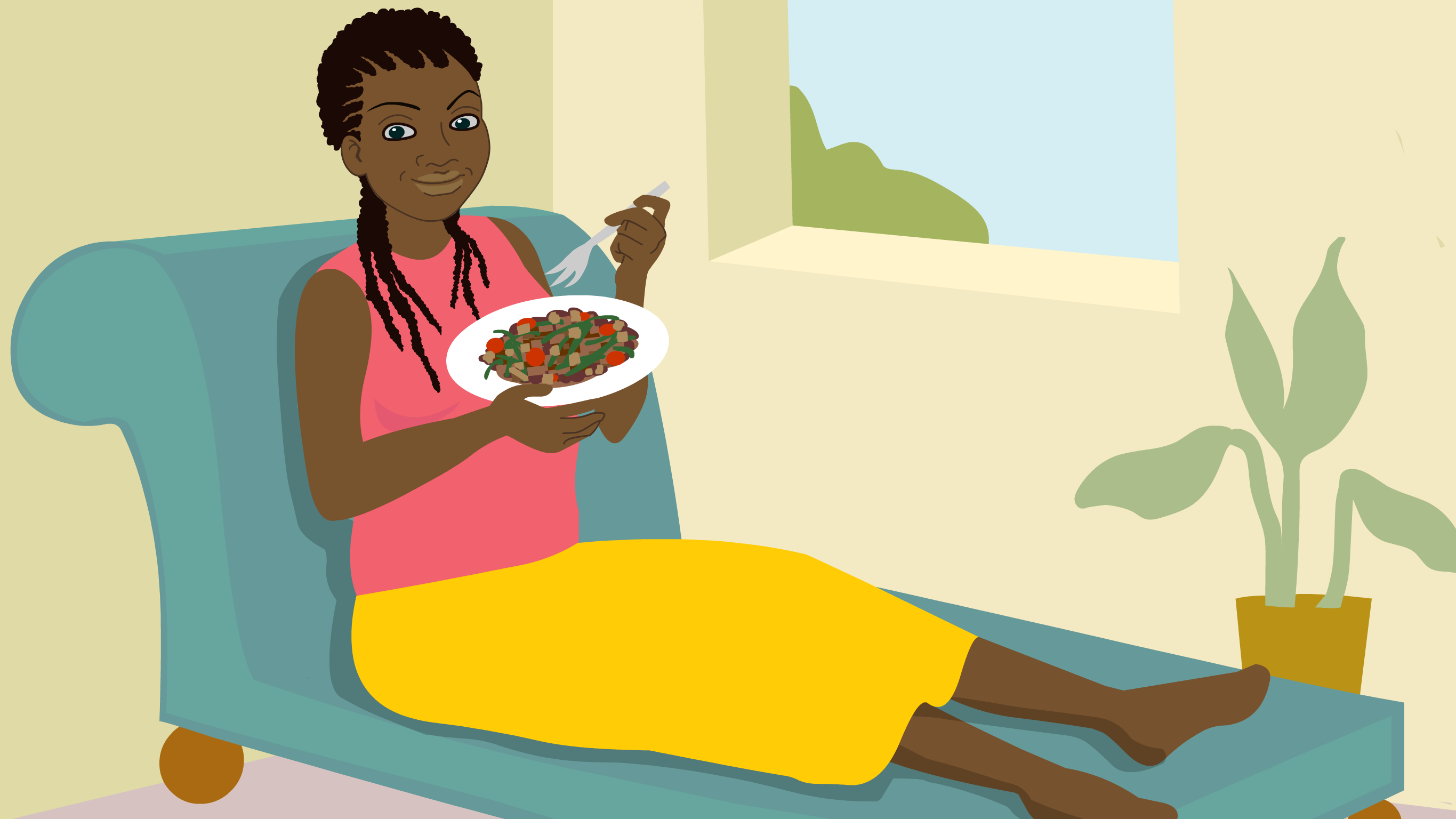

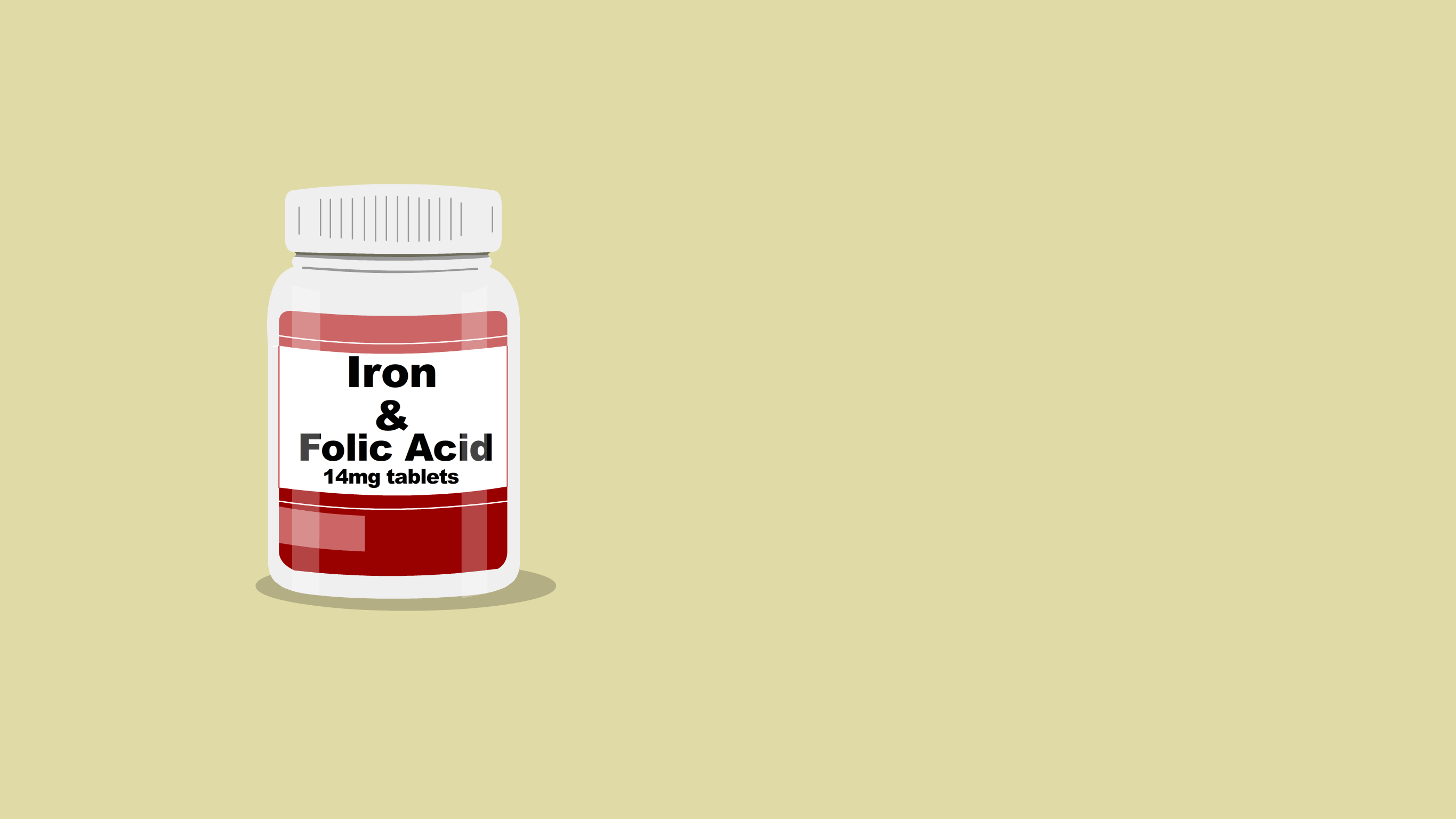
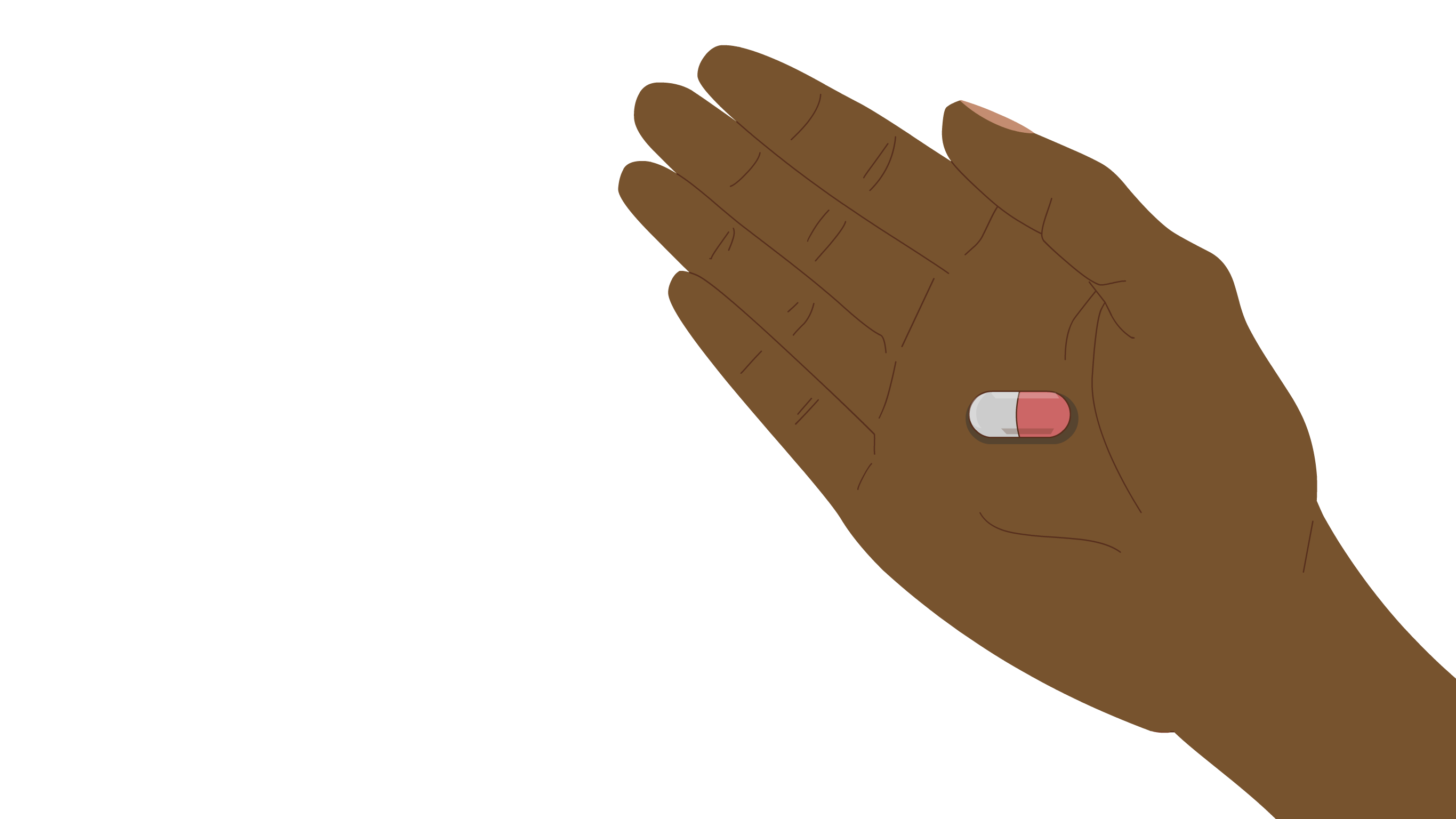

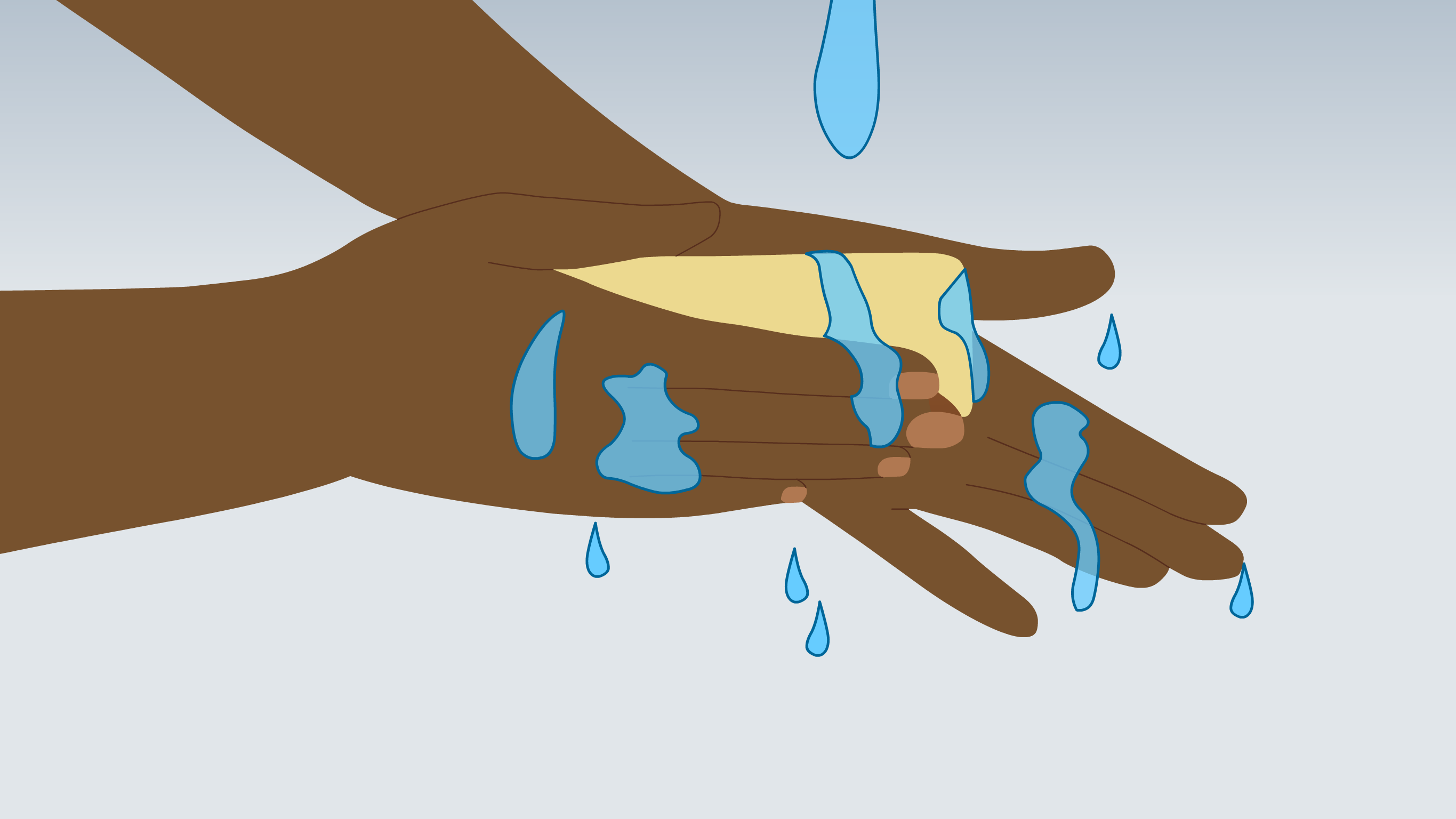

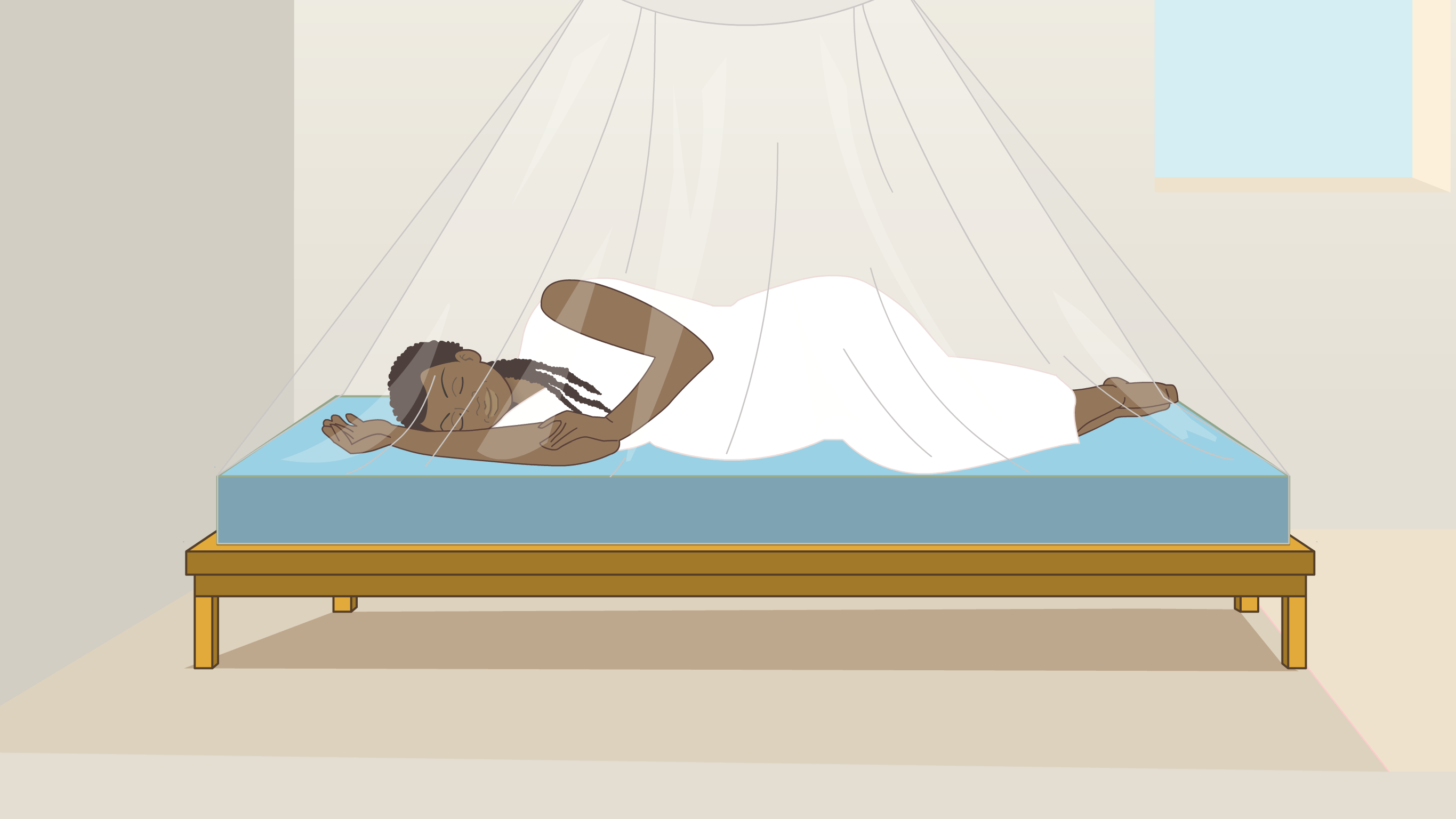

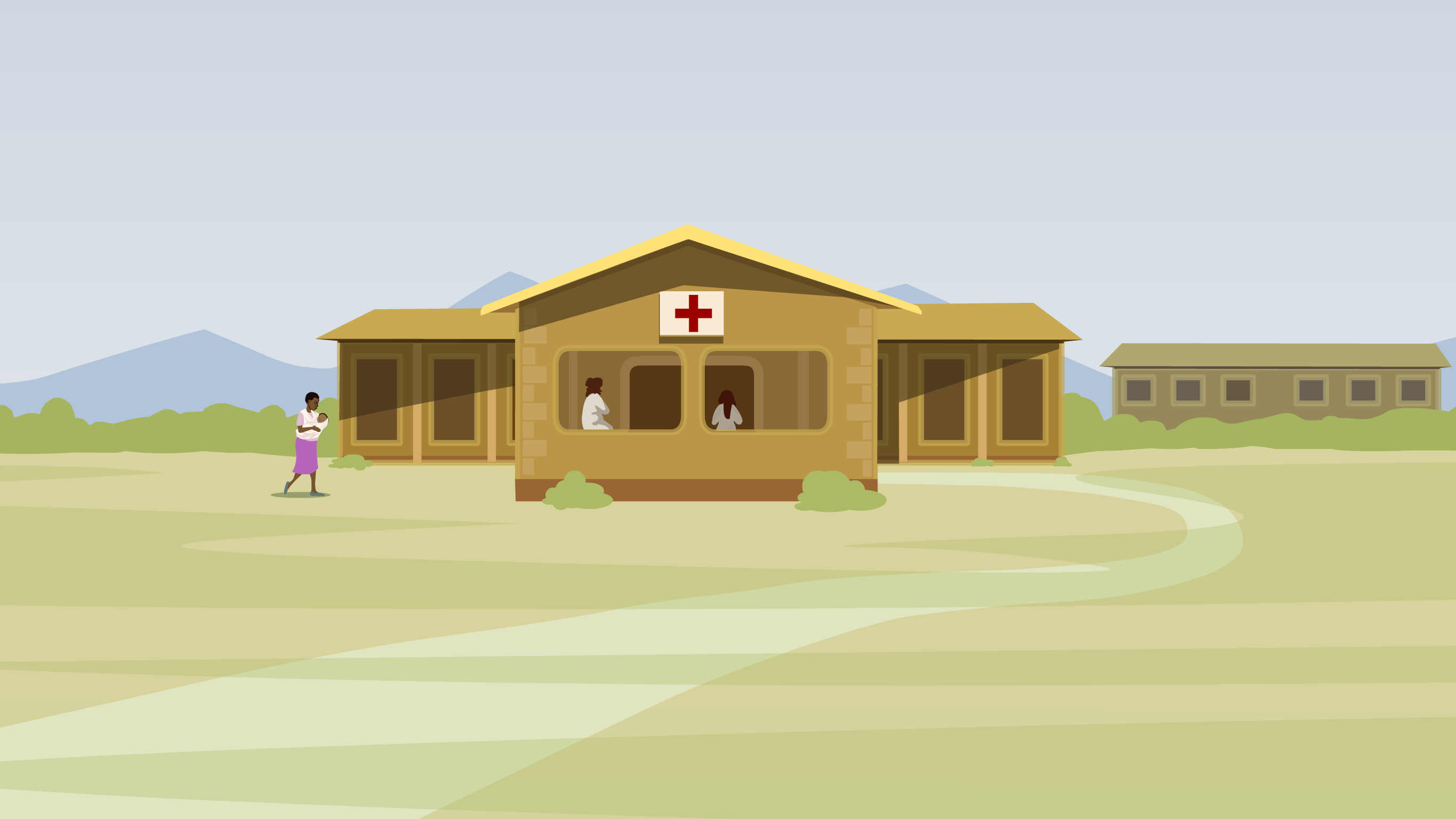

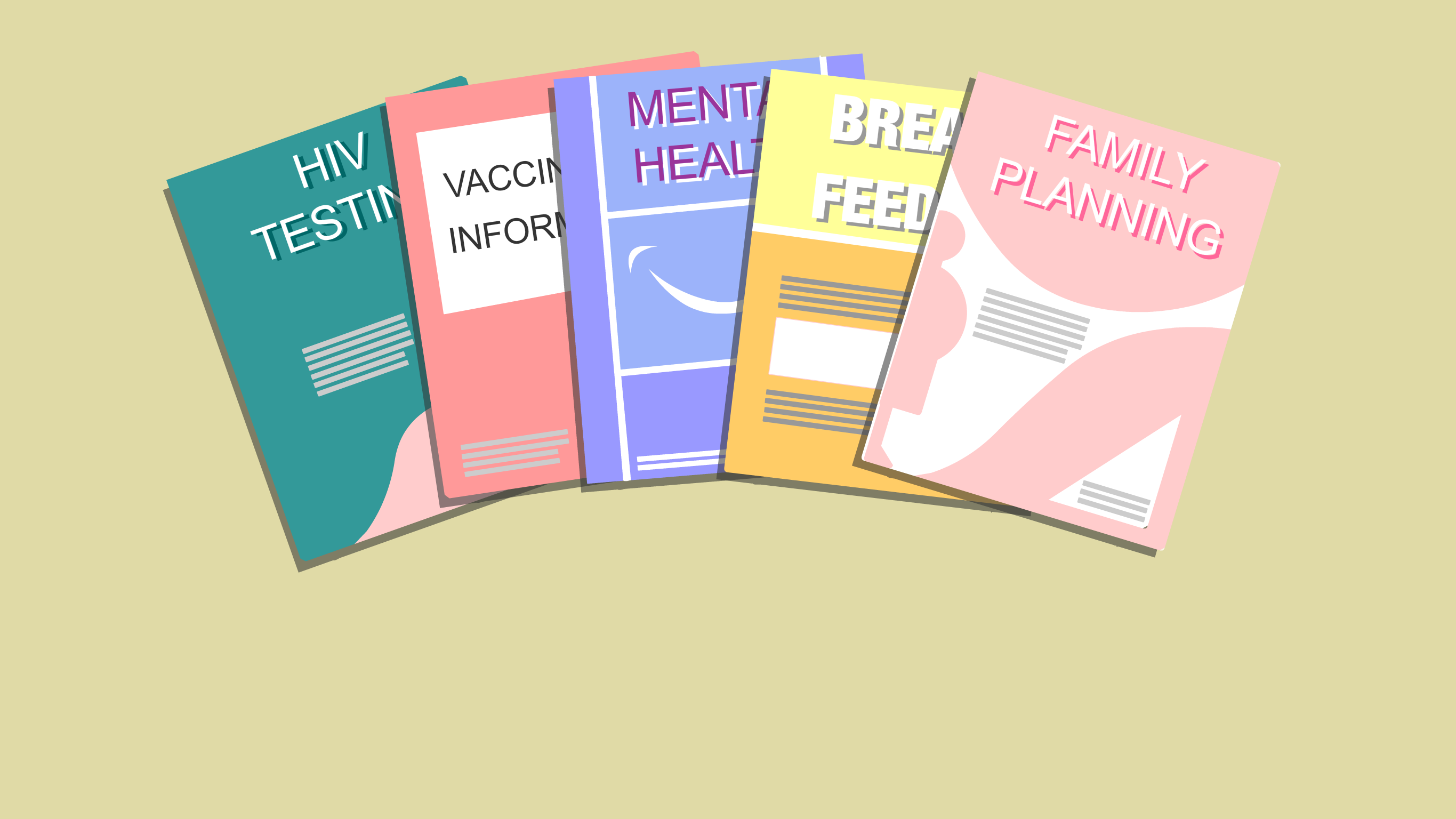

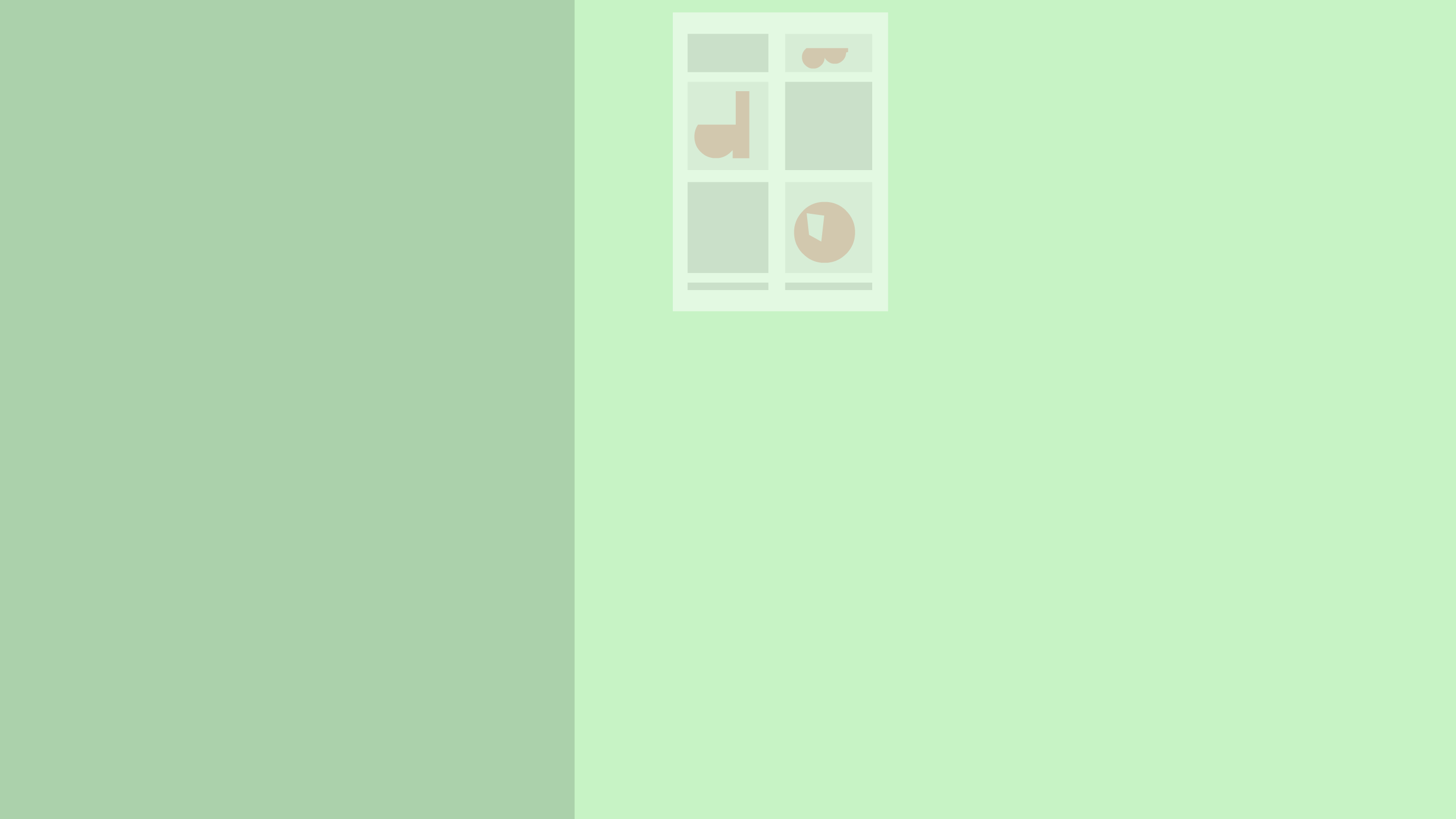
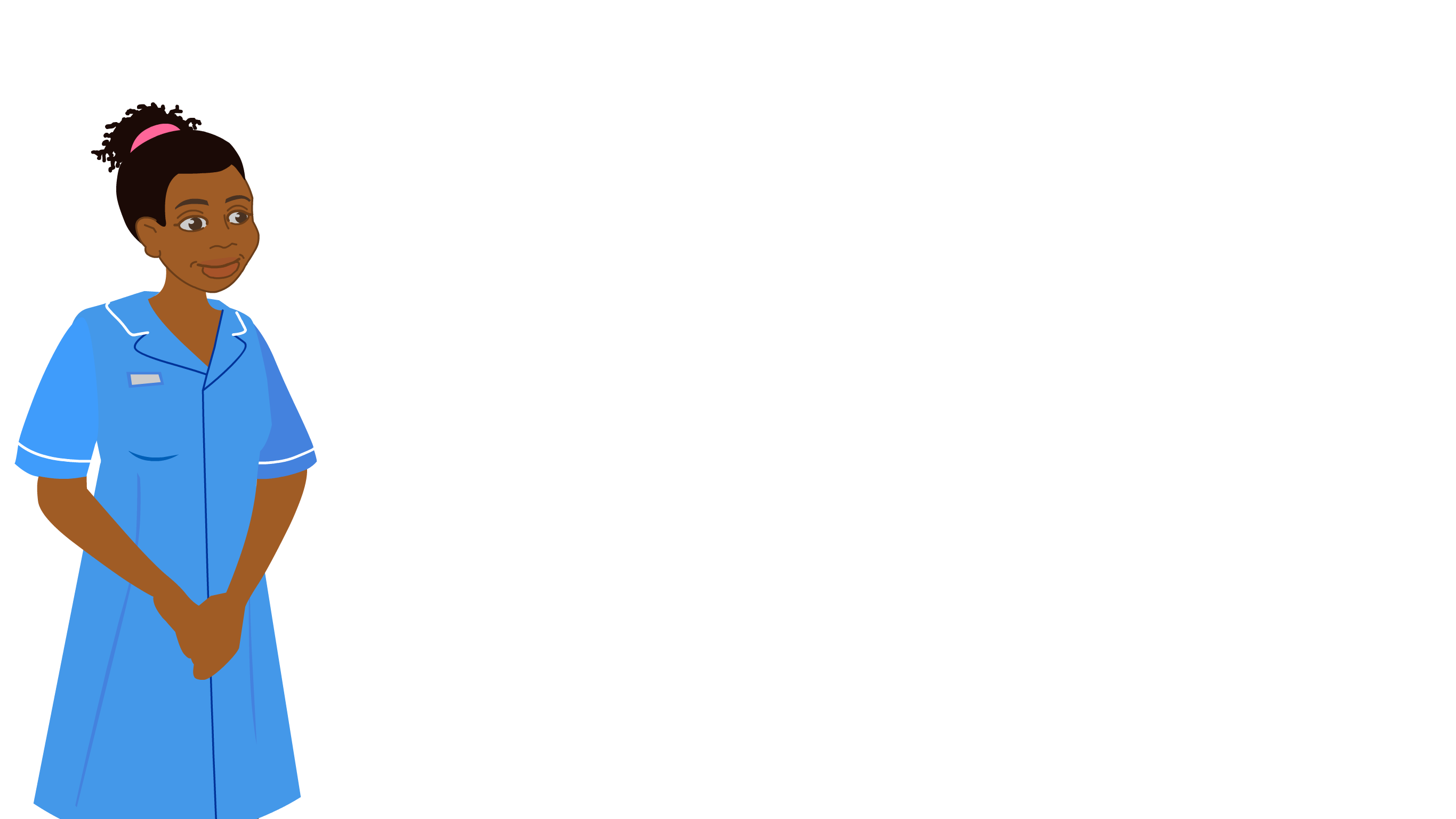
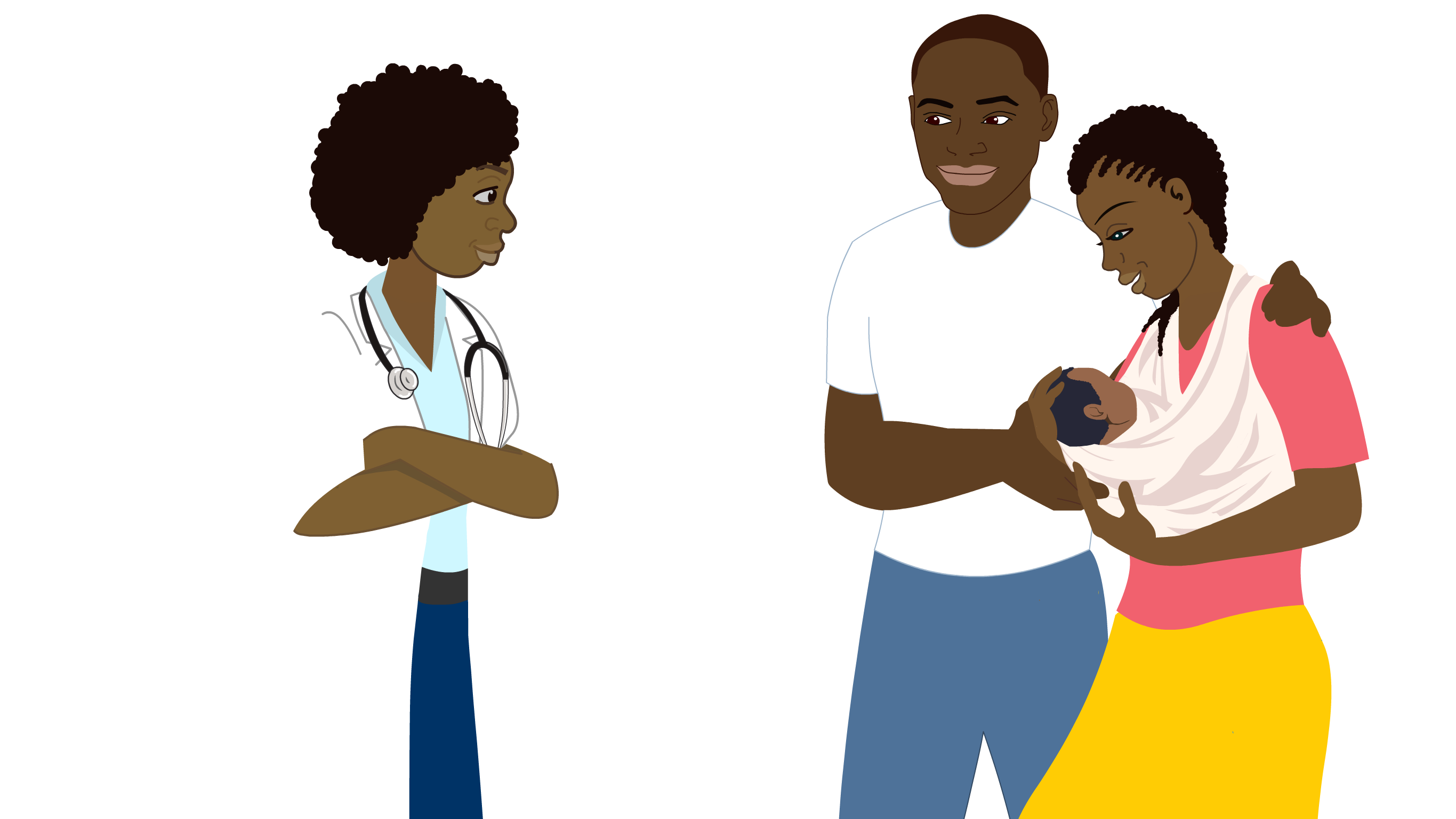

The authors of this POSTNATAL CARE program are:
- Dr Teesta Dey
University of Liverpool, UK - Ms Aline Semaan
ITM Antwerp, Belgium - Dr Amani Kikula
Muhimbili University of Health and Allied sciences, Tanzania
The Welfare of Women program has been created under the General Editorship of Dr Kate Lightly, University of Liverpool, UK and is overseen by an expert International Editorial Board
The cost of producing this resource has been partly funded by an educational grant from GSK
Thank you for watching this Welfare of Women video. We would welcome your views and feedback. Please complete this short questionnaire.
Care after childbirth for you and your baby
The health and wellbeing of you and your baby are very important following childbirth. Postnatal care covers the first 6 weeks following the birth of a baby. Frequent check-ups of you and your baby in the first 6 weeks after childbirth can help prevent illness, spot danger signs and treat problems early to keep both you and your baby in good health.
What to expect in the postnatal period
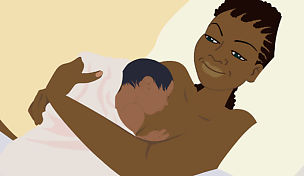
After childbirth, no matter what type of birth you have had, it is normal to have some bleeding from your vagina. It can be heavier at first but should settle over the next few weeks. It usually stops by 6 weeks after birth.
It is also normal to feel some pain after birth, which should get better each day. Taking regular painkillers can be helpful. Keep any wounds clean and dry.
You may also feel tired.
When should the first postnatal checks happen?
Following birth in a health facility, all mothers and babies – even if all is well – should stay in the facility for 24 hours, to be monitored and cared for by the healthcare workers. If you have had a Cesarean birth or any problems you may need to stay longer.
If you have given birth outside of the health facility, the first contact with the health facility should happen as soon as possible, within 24 hours of birth.
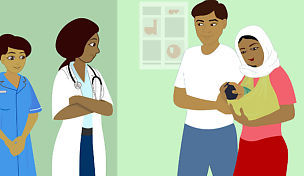
What to expect during the first postnatal checks
Thankfully, complications do not happen to everyone after delivery, however, if they do, it is important to recognize them and deal with them as soon as possible. So, during this time, the healthcare worker will check your vital signs such as your blood pressure, heart rate and temperature, and your blood loss.
At each postnatal check, healthcare workers will talk to you about your health and wellbeing, check you and your baby, and give you information and support.
These postnatal checks by a healthcare worker are important for you and your baby to:
- spot danger signs and treat illness quickly
- check your baby's development
- support you in looking after your baby
- give you information about services in your area which can help.
Postnatal checks
There are four important timepoints for you and your baby to be checked by a healthcare worker.
The timing of these checks are:
- On day 1 after birth
- On day 2 or 3 after birth
- In week 2 after birth
- In week 6 after birth.
The postnatal visits may take place at home or in a health facility.
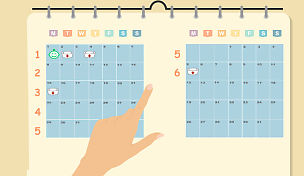
The healthcare worker performing the check could be either a midwife, a nurse, a certified community healthcare worker or a doctor.
Danger signs for mothers
If you have any of these symptoms please do not wait. Alert your healthcare worker, so that they can help you.
The danger signs you should look out for in you (mother) are:
- Feeling unwell
- A bad headache that won't go away or vision changes
- Severe pain in the belly (abdomen), chest or leg that won't go away
- Feeling dizzy or faint on standing, or collapsing (falling down)
- Body shaking (fits or seizures)
- Difficulty breathing
- Fever
- Vomiting or diarrhea that doesn't stop
- Thoughts of harming yourself or your baby.
Danger signs for babies
The danger signs you should look out for in your baby are:
- Non-stop crying
- Floppiness
- Difficulty feeding
- Body shaking (fits or seizures)
- Being too hot or too cold
- Difficulty breathing
- Changes in skin color, blue, yellow or a rash
- Pus (yellow fluid) coming out of the belly button or eyes
- Vomiting or diarrhea that doesn't stop
Additional services – how to benefit more from the routine postnatal contacts
Before you are discharged to go back home, please do take the opportunity of some other important healthcare services for both yourself and your baby.
- If you are interested in contraception or family planning methods, you can ask the healthcare worker about available options. The healthcare worker can advise you on the available methods, sometimes provide you with your contraceptive method of choice, or refer you to the nearest family planning clinic.
- If possible, it is advised that your baby drinks only breast milk for the first 6 months. The healthcare worker can help if you have any difficulty breastfeeding. This is important for your baby's wellbeing and your bonding together.
- The healthcare worker may give you an opportunity for HIV testing if you have not had this test before or if you have not had this test recently.
- It is important to take part in the vaccination services for you and your baby and the healthcare workers can also give you a schedule for future visits.
- Please remember these checks are private and confidential and you are encouraged to share with your healthcare workers any concerns, worries or troubles you may have had at home or at any time during your pregnancy and birth. If you are experiencing any form of violence please speak to your healthcare worker and they can support you.
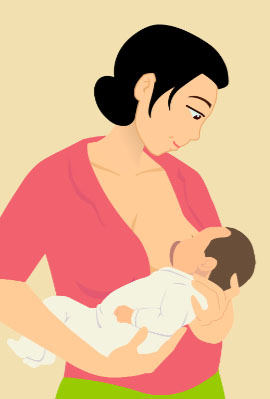
Staying well – what can mothers and families do?
Aside from the formal visits to get healthcare, there are some steps that you and your family can take to help prevent illness during this period.
For your baby, you should try to delay bathing your baby for at least 24 hours after birth. However, if this is not possible, bathing should be delayed for at least 6 hours. Try to make sure your baby is clothed well, with one or two more layers than an adult and with a hat/cap, as this keeps your baby warm. It is important to maintain skin-to-skin contact with your baby where possible and your baby should never be left alone.
You can help keep yourself and your baby safe from germs and infection by regularly washing your hands with clean water and soap. It is also important to make sure you keep your body clean and free from infection through regular washing.
Having a baby can be very tiring. It is important you take rest when you can. However, as soon as you feel ready, you are encouraged to return to your regular activities and movements, including gentle physical exercise.
Some mothers may be prescribed additional medications, for example, antibiotics or iron. It is important to regularly take these medications as directed. If you live in an area in which malaria is common, it is recommended that you and your baby sleep under insecticide-impregnated bed nets.
Having a baby is a special time. For you and your baby's wellbeing, please do take time to connect with your baby by regularly interacting and playing with them.
The authors of this POSTNATAL CARE program are:
- Dr Teesta Dey, University of Liverpool, UK
- Ms Aline Semaan, ITM Antwerp, Belgium
- Dr Amani Kikula, Muhimbili University of Health and Allied sciences, Tanzania
The Welfare of Women program has been created under the General Editorship of Dr Kate Lightly, University of Liverpool, UK and is overseen by an expert International Editorial Board
The publishing reference for this program is: DOI 10.3843/GLOWM.w10062
The Welfare of Women information program is an attempt to provide women everywhere with access to reliable information about key health issues that may be relevant to them. Information is offered at three separate levels which women may select according to their preferences; firstly, short video animations with voice commentary, secondly, more detailed text-based descriptions, and thirdly, links to recommended further reading. With the animated videos, women can also select the images that they feel most comfortable in viewing from a short range of very generalized and non-specific ethnicity options. Because of the special programming used, both the videos and the text information can – when authorized – be translated into any language in a simple and rapid manner.
Recommended links for more comprehensive and detailed reading
The following websites provide more comprehensive and extensive information on this topic, which is both reliable and strongly recommended for readers who want to learn more than the details provided above:
Post Natal Care – YouTube
https://www.youtube.com/watch?v=yF7C8-V2JLI
Topic 13: Postpartum Care – YouTube
https://www.youtube.com/watch?v=CCa50OS6jyo
WHO-WPRO: First Embrace – Early Essential Newborn Care – YouTube
https://www.youtube.com/watch?v=ZWbQTA65tAw
WHO recommendations on maternal and newborn care for a positive postnatal experience
https://www.who.int/publications-detail-redirect/9789240045989
Resources the author(s) used in preparing this guidance
WHO recommendations on maternal and newborn care for a positive postnatal experience
https://www.who.int/publications-detail-redirect/9789240045989
